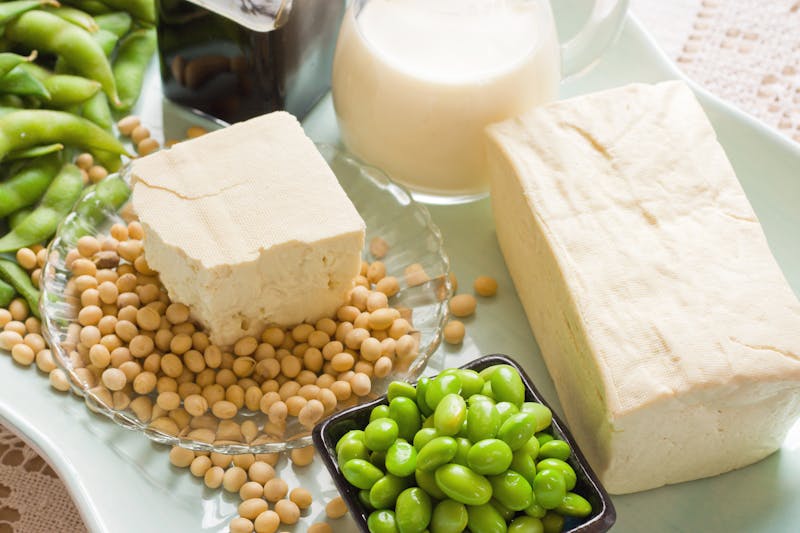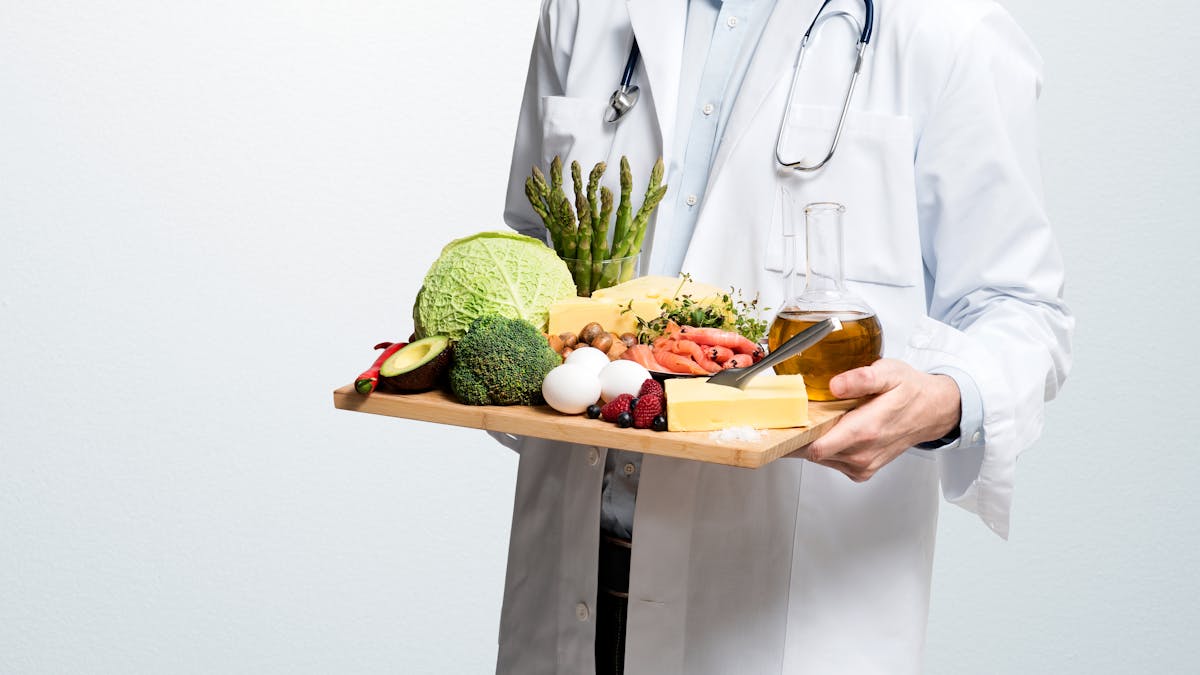Changes to the Diet Doctor soy policy

We recently made some changes to our position on soy in our food policy. We’d like to explain those changes and clarify why we made them.
Previously, we recommended that soy should be limited due to uncertainties about its effects on health. This was based on animal and test-tube studies (very weak evidence) suggesting potential harm. However, after doing a thorough review of the most recent and highest-quality human research, it seems that for most people, soy has neutral — and in some cases possibly beneficial — health effects (references here). One caveat is that people with hypothyroidism may need closer monitoring if they eat soy regularly.
At Diet Doctor, our mission is to empower people everywhere to dramatically improve their health, by making low carb simple. To this end, we base our positions on controversial issues on the strongest, most rigorous research available. We know our members and readers depend on us to provide trustworthy, reliable information, and we always strive to do this.
We want to provide nutritious, low-carb protein options not only for omnivores, but also for vegetarians and vegans. Getting enough high-quality protein can be a challenge for vegans, perhaps especially on a low-carb diet.
Soy is a versatile and widely available source of plant protein that we’ve recently started including in some of our vegan and vegetarian recipes. Similar to our recommendations for animal products, we advise choosing less processed or fermented forms of soy, such as edamame, tofu, tempeh, and natto.
Some people have raised concerns that many soy products in the US may contain residues of glyphosate (Roundup), a controversial herbicide used on soy and other crops that requires further study.1 Fortunately, organic and non-GMO soy products contain no glyphosate.2 If you want to eat soy while avoiding glyphosate, choose tofu, tempeh, and natto labeled “non-GMO.”
It may be that you do not want to consume soy at all, and we completely understand this. Our vegan low-carb recipes that include soy are only provided as an option, and if you’re not a vegan there are many other options to get high-quality protein.
We hope you understand why we felt it was important to update our policy on this topic, to make sure we’re evidence based, and to make low carb simple for everyone who could benefit.
Thank you very much for continuing to trust Diet Doctor and for supporting our mission.


The Diet Doctor food policy
Here you can read our thoughts on different types of food and why we use or don’t use them in our low-carb and keto recipes.
Archives of Toxicology 2017: Glyphosate toxicity and carcinogenicity: a review of the scientific basis of the European Union assessment and its differences with IARC [expert review; ungraded] ↩
After testing 31 batches of soybeans, researchers found that unlike genetically-modified soybeans, conventional and organic soybeans contained no glyphosate:
Food Chemistry 2014: Compositional differences in soybeans on the market: Glyphosate accumulates in Roundup Ready GM soybeans [mechanistic study; ungraded] ↩